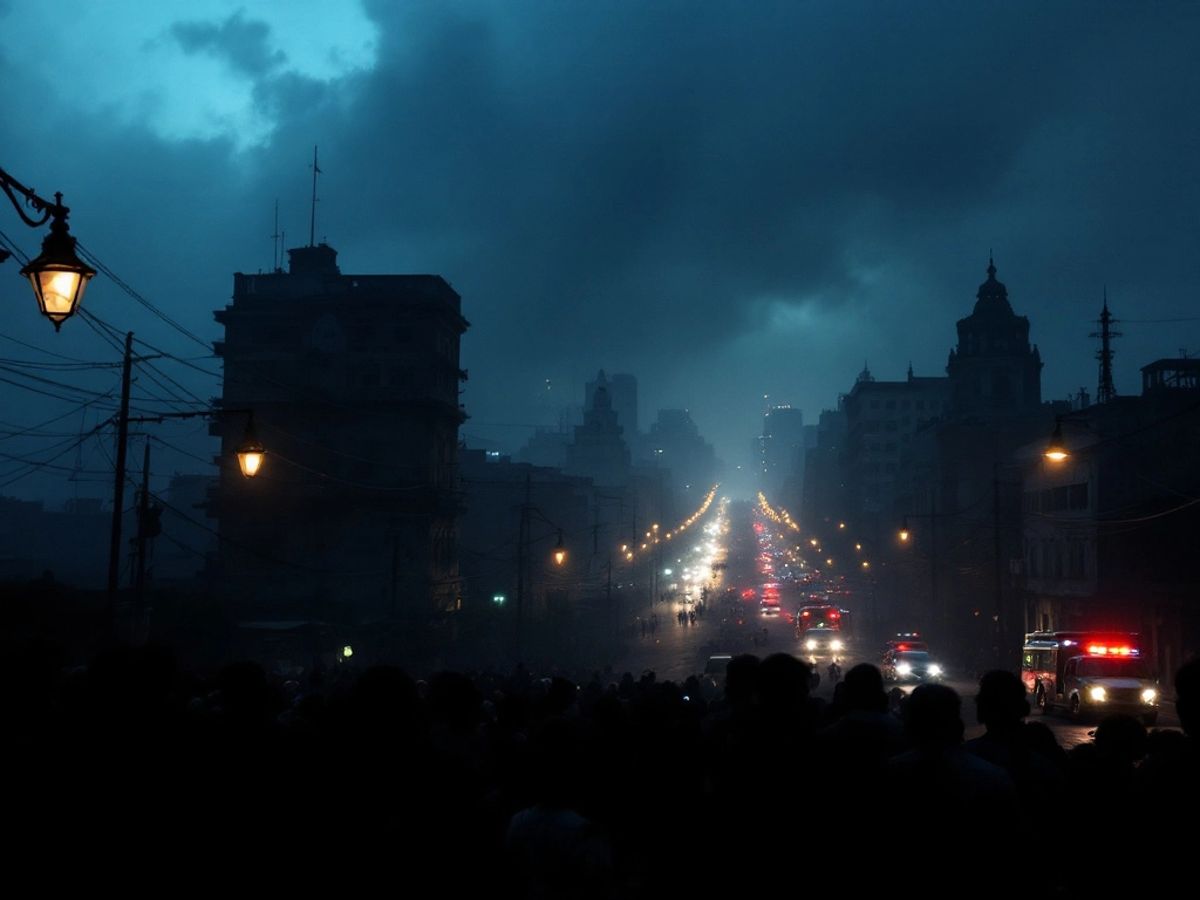Climate Change
Cuba Faces Nationwide Power Grid Collapse Amidst Ongoing Crisis

Cuba’s national power grid collapsed on October 18, 2024, leaving its entire population of 10 million without electricity. This incident highlights the deteriorating state of the country’s infrastructure and the ongoing economic challenges faced by the Communist-run government.
Key Takeaways
- The grid failure affected over 10 million people, leading to widespread outages.
- The government cites aging infrastructure, fuel shortages, and rising demand as primary causes.
- U.S. sanctions and the trade embargo are blamed for complicating fuel and parts acquisition.
- The situation has led to severe hardships for the Cuban population, including food and water shortages.
Causes Of The Collapse
Cuba’s electrical grid has been under strain for years due to several factors:
- Aging Infrastructure: Many of the power plants are decades old and poorly maintained.
- Fuel Dependency: The country relies heavily on imported fossil fuels, with limited domestic production.
- Reduced Imports: Key allies like Venezuela have cut fuel shipments, forcing Cuba to seek more expensive alternatives.
- Weather Conditions: Recent foul weather has hindered fuel deliveries, exacerbating the crisis.
Government Response
In the wake of the collapse, the Cuban government has initiated efforts to restore power, but challenges remain:
- Gradual Restoration: As of October 19, some areas, including hospitals, have begun to receive electricity, but many remain in the dark.
- Public Services Impacted: Traffic lights are out, commerce is halted, and long lines form at state-run shops for basic necessities.
- Official Statements: Lazaro Guerra, the top electricity official, indicated that while progress is being made, full restoration is uncertain.
Public Reaction
The Cuban populace is facing dire conditions due to the power outages:
- Health Risks: Prolonged blackouts have led to increased mosquito-borne illnesses and water shortages.
- Food Insecurity: Many have lost perishable food items due to the lack of refrigeration, worsening the food crisis.
- Emigration: Frustration with the government’s handling of the crisis has led many to consider emigration as a viable option.
Long-Term Solutions
The Cuban government has proposed several long-term strategies to address the electricity crisis:
- Investment in Renewables: Plans are underway to increase electricity generation from renewable sources, particularly solar energy.
- Infrastructure Upgrades: The government acknowledges the need for significant investment in modernizing the electrical grid.
- Domestic Oil Production: Efforts are being made to boost local crude oil production to reduce dependency on imports.
Historical Context
This is not the first time Cuba has faced a nationwide blackout. A similar incident occurred in September 2022 following Hurricane Ian, which also left the country without power for several days. The recurring nature of these outages raises concerns about the sustainability of Cuba’s energy infrastructure and the government’s ability to manage crises effectively.
As Cuba grapples with these challenges, the international community watches closely, particularly regarding the implications of U.S. sanctions and the island’s reliance on foreign fuel supplies. The situation remains fluid, with many hoping for a swift resolution to restore normalcy to daily life in Cuba.
Sources
-

 Press Release7 days ago
Press Release7 days agoIn2space Launches Campaign to Make Space Travel Accessible for All
-

 Press Release3 days ago
Press Release3 days agoNura Labs Files Revolutionary Patent: AI-Powered Wallet Solves the $180 Billion Crypto Staking Complexity Crisis
-

 Press Release18 hours ago
Press Release18 hours agoGlobal Compound Feeds and Additives Industry Report: Market Expansion and Competitive Insights to 2035
-

 Technology17 hours ago
Technology17 hours agoWhat to Know Before Switching Cell Phone Network Services in 2025


































